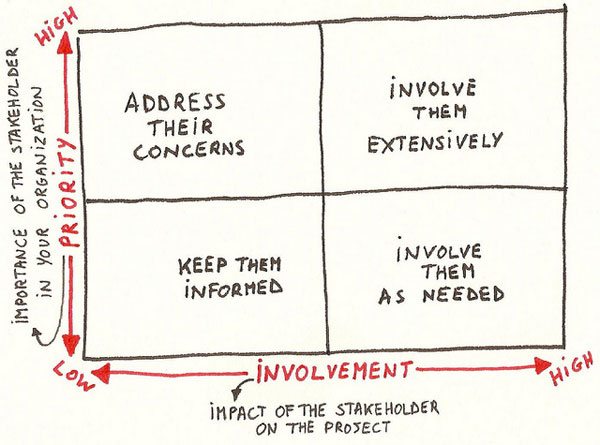
February 25. 2018; Star Tribune (Minneapolis, MN)
NPQ has written often about the actions stakeholders take when nonprofit boards make big decisions that their constituents do not support. In this case, the situation is a bit more complex, but the principle is the same.
University of Minnesota President Eric Kaler announced on Friday that the school’s plan to close a nationally acclaimed child care center would be postponed. The decision came after parents learned the 44-year-old model program would close in the summer of 2019 and began to organize “a storm of protests.”
“I have heard your concerns about the proposed closing of the Child Development Center,” Kaler wrote in an open letter to the university community. “Provost Karen Hanson and I asked [College of Education and Human Development] Dean Jean Quam to postpone the closing…until we have an alternative, or alternatives, in place.”
Sign up for our free newsletters
Subscribe to NPQ's newsletters to have our top stories delivered directly to your inbox.
By signing up, you agree to our privacy policy and terms of use, and to receive messages from NPQ and our partners.
Quam said her school had “started talking about whether or not we were the best entity to be running a day care.” The center costs the school $500,000 to $600,000 annually to subsidize, and, as Kaler wrote, though the center “has a well-known reputation for excellence…it serves only a fraction of the University of Minnesota’s families who need child care. It is not obvious how it can be scaled in any economical way to provide care to the hundreds of families and children on the waiting list.”
Kaler’s position now is that that the university will try “either alone or with a public/private or nonprofit partnership to scale the child care services to serve more families” while eliminating the subsidy. “We are under pressure to prioritize our budget, and subsidies of all kinds are under scrutiny,” he said.
The parents’ group thanked the administration for the reprieve, but we are sure, even as we write this, that they are arranging their next meeting to demand a seat at the table.
This kind of pushback is entirely predictable and increasingly common, as it should be if a board or governing body is not in consultative mode. It’s the university’s far larger oversight status that makes the situation more complex in this case.—Ruth McCambridge













